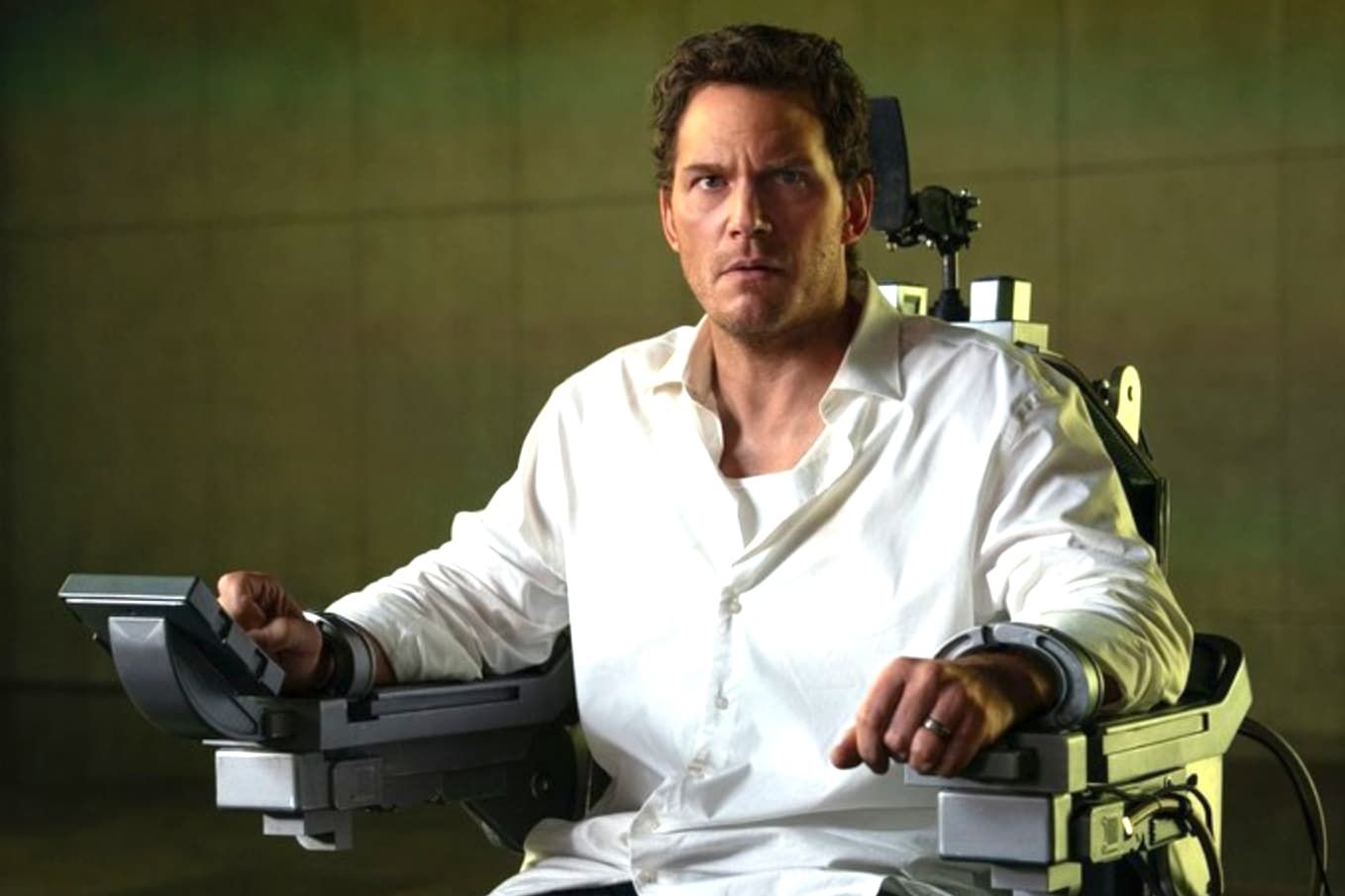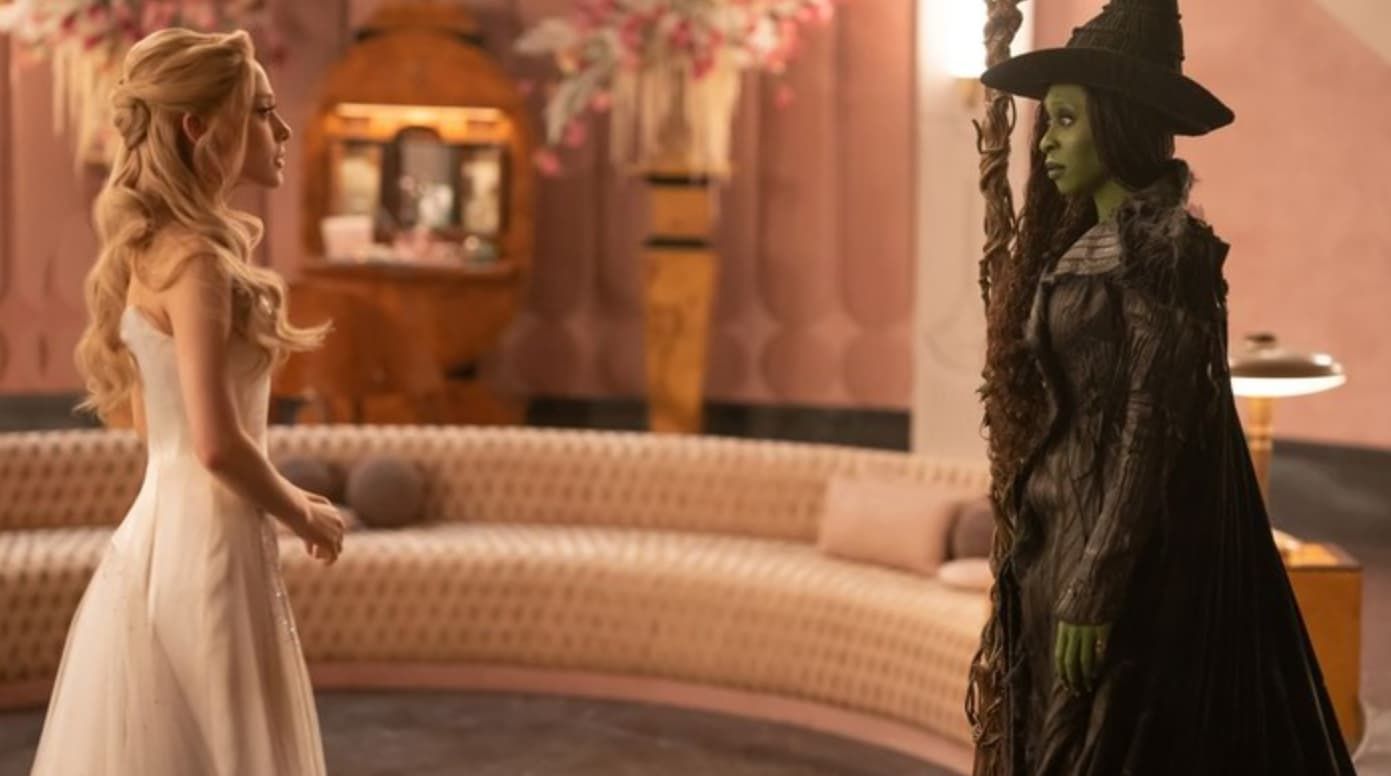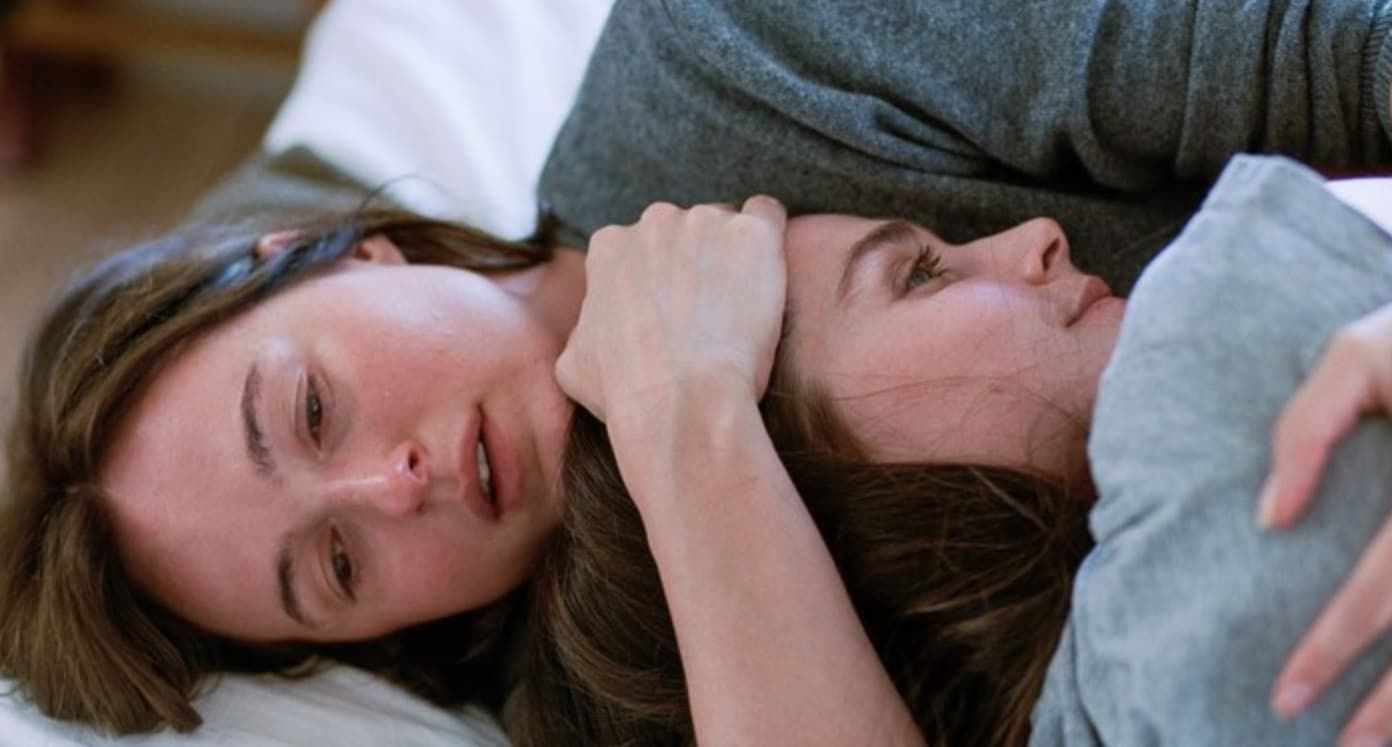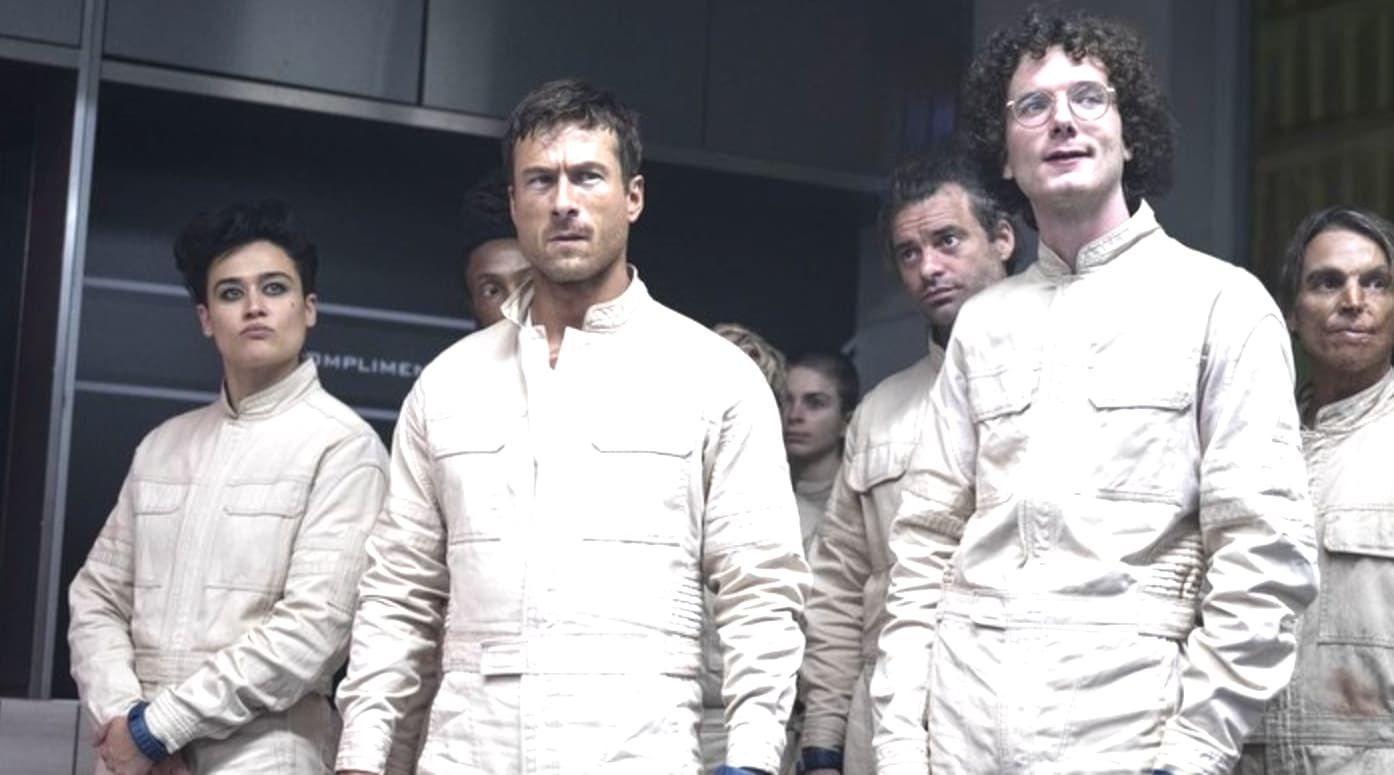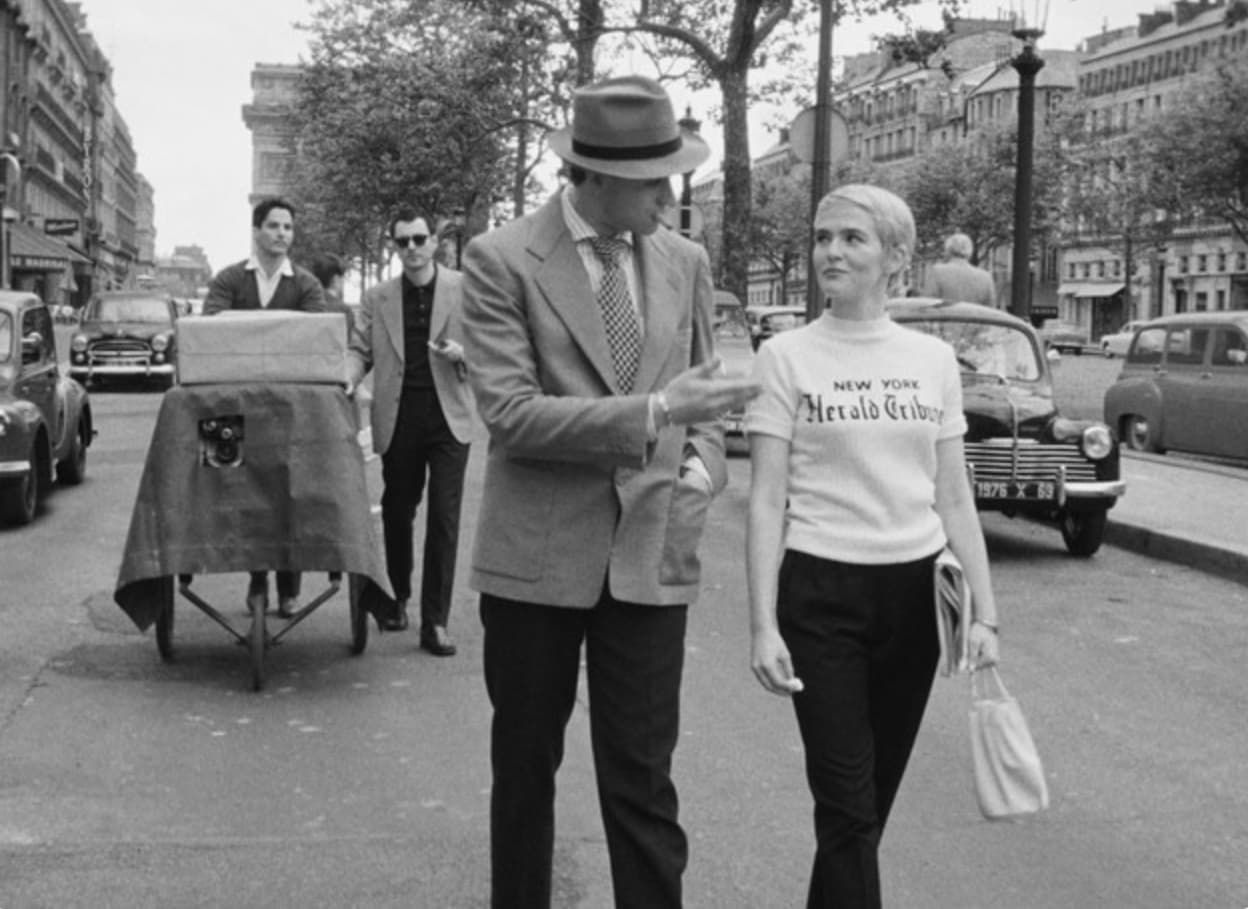"Tess" Remains a Deeply Personal Film by Roman Polanski
Kevin Rodriguez • October 5, 2025
Title: Tess
Director: Roman Polanski
Genre: Drama
Studio: Columbia-EMI
Rating: PG
The story behind the existence of “Tess” as a movie is a tragic one. Based on the book “Tess of the d'Urbervilles,” the novel was read by actress Sharon Tate, who left it with her husband, the famed director Roman Polanski, and mentioned how she felt it would make a great movie. This would be the last time the couple would see each other, as she would be murdered along with her unborn child by the Mason Family. Years later, Polanski would make “Tess,” and when the movie opens, he would put “To Sharon” underneath the title. This history doesn’t make “Tess” a good movie, but it does provide context for why the film seems so personal.

I have watched many of Polanski’s films, and few of them seem as intimate and sad as this one. Like “The Pianist” and “Oliver Twist,” watching “Tess” feels like watching Polanski at his most vulnerable and sad, and you sense that the movie is of a deeply personal nature. That may be why the film moves at a slow, deliberate pace, as if we are being asked to not only observe what is happening, but to process and understand. Scenes that would normally go on too long in other films seem to have more life behind them here, as we truly become involved in Tess’s (Nastassia Kinski) life.
When she is pursued by men, Polanski keeps the camera lingering on her face so that we understand exactly how she feels about each one. When she is “seduced” by a man and gives birth to a child out of wedlock, the film not only considers her feelings on the matter, but of the town as well. That she is unapologetic in her stance that she loves her child despite the unfortunate circumstances that resulted in it likely wasn’t groundbreaking in 1980, but it likely was in the 1800s when the novel was first published. Though she is unapologetic (as she has done nothing wrong), the shame society casts on her is real.
It follows her into her marriage, with her family, and the choices she makes in life. For modern viewers, it is nice to think of old-fashioned times as being like “Downton Abby,” where the biggest conflicts are who’s going to serve dinner or who broke the stove. In reality, the olden days were ruled by class, religion, and a society that favored men more than women. “Tess” follows a strong, proud woman who has a mind of her own but isn’t stupid to the standards society has placed on her. Though she speaks little, she listens and understands everything, and it makes her a powerful protagonist.
There is, of course, some irony in the fact that Polanski would have a film condemning rape when he himself would become a rapist. This fact is not lost on me, and it is a serious enough conflict that I take a moment to mention here. However, the movie itself is a labor of love from a man who was grieving the loss of his family and trying to make a movie that would have made Sharon proud. From the detail in the costumes and sets, to the acting that is disciplined, to the direction that is focused but patient, “Tess” is a wonderful movie that has stood the test of time, even if the director has gone through life blemished.
Recent Posts



